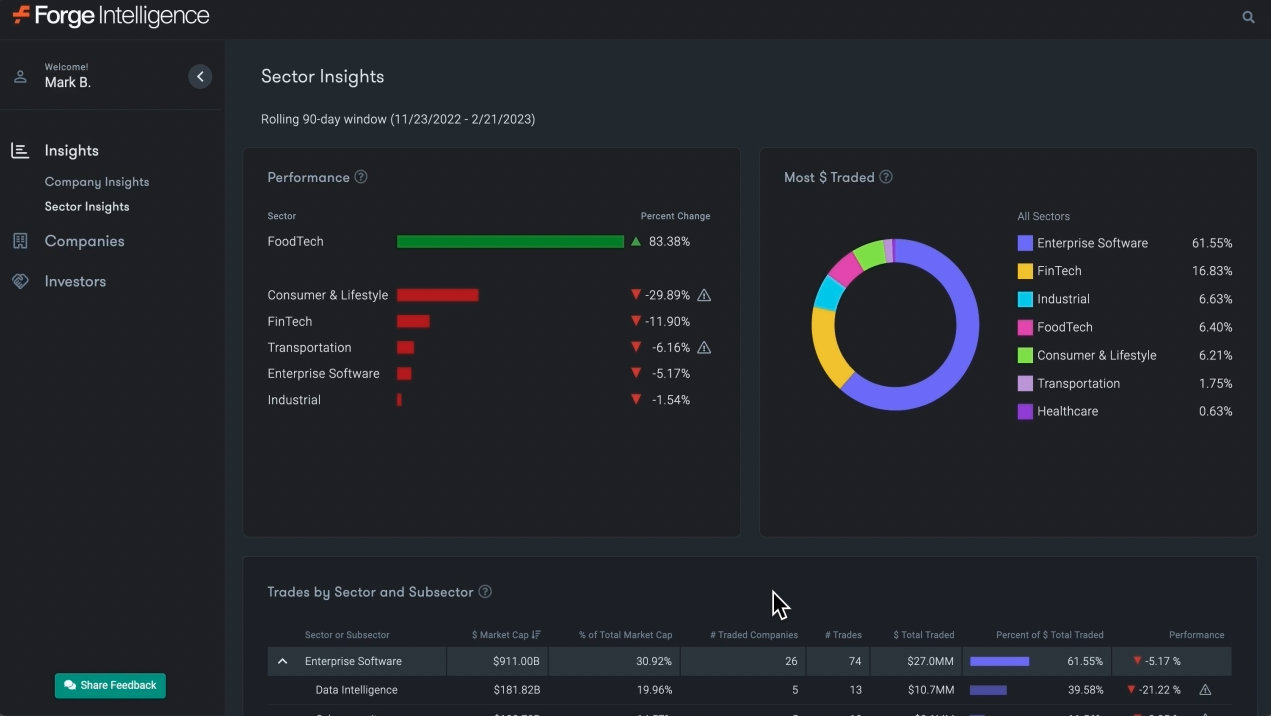Private Market Glossary
What is a Special Purpose Vehicle (SPV)?
A Special Purpose Vehicle (SPV) is a legal entity created for a specific purpose, typically used to isolate and manage financial risks. SPVs are commonly used in complex financial transactions such as securitization, asset-backed securities, and project finance. The SPV can be a subsidiary of a larger parent company or an independent entity, with its assets, liabilities, and operations typically separate from those of the parent company. The use of an SPV allows investors to invest in specific assets or projects while limiting their exposure to the overall financial health of the parent company.

A better understanding of Special Purpose Vehicles
Special Purpose Vehicles have been used in various forms for many years. One of the earliest known uses of SPVs was in the early 20th century when they were used to fund large infrastructure projects, such as railways and bridges. The idea was to create a separate entity that could raise capital and manage the project's finances, independent of the parent company or government agency.
In the 1970s and 1980s, the use of SPVs became more widespread, particularly in the area of securitization. Banks and other financial institutions began using SPVs to package and sell loans, mortgages, and other assets to investors in the form of securities. The SPV would hold the assets, issue bonds, and use the proceeds from the bond sales to purchase the assets from the parent company.
Today, SPVs are commonly used in a variety of financial transactions, including project finance, real estate development, and mergers and acquisitions. They are also used by governments and non-profit organizations to fund specific initiatives or programs. Despite some controversies, SPVs continue to be a useful tool for potentially managing financial risk and raising capital.
Why are Special Purpose Vehicles important in the private market?
SPVs can be used by investors to invest in private companies. When a group of investors wants to invest in a private company, they can create, or invest in, an SPV that will hold the investment on behalf of the investors. The investors will then own a portion of the SPV, which will in turn own a portion of the private company (or multiple private companies).
The operations of the SPV are typically managed by a general partner (GP), while investment decisions of the SPV are generally handled by an investment manager (sometimes an affiliate of the GP). The investment manager is often a venture capital firm or another professional investment manager, although in some cases, it may be an individual investor who has experience in the industry or sector in which the portfolio companies of the SPV operate.
For the private company, an SPV investment can provide it with access to capital from a group of sophisticated investors, who may have industry expertise and connections that can help the company grow and succeed. The SPV investment also provides the company with a simpler ownership structure, as the SPV can be treated as a single shareholder on the company's cap table, rather than having multiple individual investors.
What are some examples of SPVs?
- Real estate investment trusts (REITs)
Real estate investment trusts (REITs) are a type of SPV that invests and manages a portfolio of real estate investments. - Securitization trusts
Securitization trusts are SPVs that issue securities backed by a pool of financial assets, such as loans, mortgages, or credit card debt. - Non-profit organizations and government agencies
Non-profit organizations and government agencies often use SPVs to fund specific initiatives or programs. - Some hedge funds and other alternative investment funds
Non-profit organizations and government agencies use SPVs to invest in more complex or illiquid assets, such as derivatives, distressed debt, or real estate.



